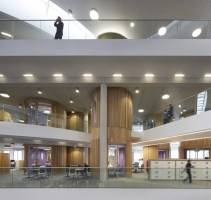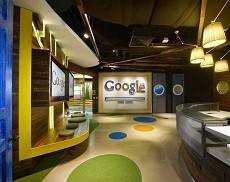March 4, 2015
Over half of workplace support staff are privy to confidential conversations
 Facilities managers often remark that ensuring their staff gain the recognition they deserve for a job well done is much less common than fielding criticism when something in the workplace goes wrong. The fact is that when support staff are doing their work well, they fade into the background. For many office workers, the people who clean the workplace, deliver the mail, keep the building secure and make sure everything in the office is running smoothly; are all but invisible. But, as a new US survey by CareerBuilder suggests – support staff may know more a lot more about the occupants of the workplace than would make those people comfortable. Fifty-three percent of support staff workers have overheard confidential conversations at work, and 11 percent of support staff workers have stumbled upon information that could cause someone to be fired.
Facilities managers often remark that ensuring their staff gain the recognition they deserve for a job well done is much less common than fielding criticism when something in the workplace goes wrong. The fact is that when support staff are doing their work well, they fade into the background. For many office workers, the people who clean the workplace, deliver the mail, keep the building secure and make sure everything in the office is running smoothly; are all but invisible. But, as a new US survey by CareerBuilder suggests – support staff may know more a lot more about the occupants of the workplace than would make those people comfortable. Fifty-three percent of support staff workers have overheard confidential conversations at work, and 11 percent of support staff workers have stumbled upon information that could cause someone to be fired.

























March 5, 2015
The financial services sector leads the way in how we think about office design
by Charles Marks • Comment, Facilities management, Workplace design
(more…)